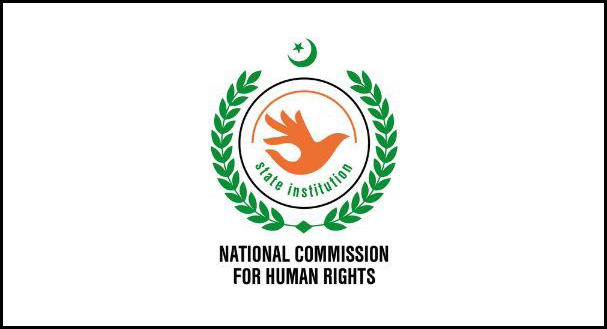Zubair Qureshi
The National Commission for Human Rights (NCHR), Regional Office in Punjab has recommended to the Punjab government to raise the minimum marriage age of girls from 16 to 18 years.
The collective lobbying from all stakeholders including NCHR, parliamentarians, judiciary, and civil society has led to a Bill being tabled in the Punjab Assembly by Parliamentarian Ms. Sarah Ahmad to amend Section 2(a) of the Child Marriage Restraint Act, 1929.
According to the NHCR spokesperson, the commission believes that as per its obligations under the United Nation’s Convention on the Rights of the Child (UNCRC), which defines a child in Article 1 as “every human being below the age of eighteen years”, raising the minimum age of marriage is a critical step towards ensuring the rights and safety of girls in Pakistan.
NCHR Member Punjab, Mr. Nadeem Ashraf, in a letter to the Chief Secretary of the Government of Punjab, recommended the legislative amendment to demonstrate the commitment of the Punjab Government in fulfilling its gender and child rights obligations under the International Covenants that Pakistan has ratified.
NCHR’s advocacy efforts have involved numerous consultations and meetings with government departments, lawmakers, and stakeholders to garner support for the legislative reform.
Through these engagements, NCHR has highlighted the urgent need to address the harmful practice of child marriage and its detrimental impact on the lives of girls, including their education, health, and overall well-being. NCHR received positive responses from the Local Government & Community Development (LC&CD) Department and the Human Rights & Minorities Affairs Department in raising the legal marriage age for females.
Additionally, the NCHR Punjab in collaboration with Musawi, launched the Women’s Marriage Rights Helpline 1413 in January 2023. The Helpline 1413 aims to empower women in Punjab by providing them with accurate legal information, advice, and representation concerning their marriage rights. It seeks to bridge the gap in access to justice, particularly for marginalised and illiterate women who face barriers in navigating the legal system.









